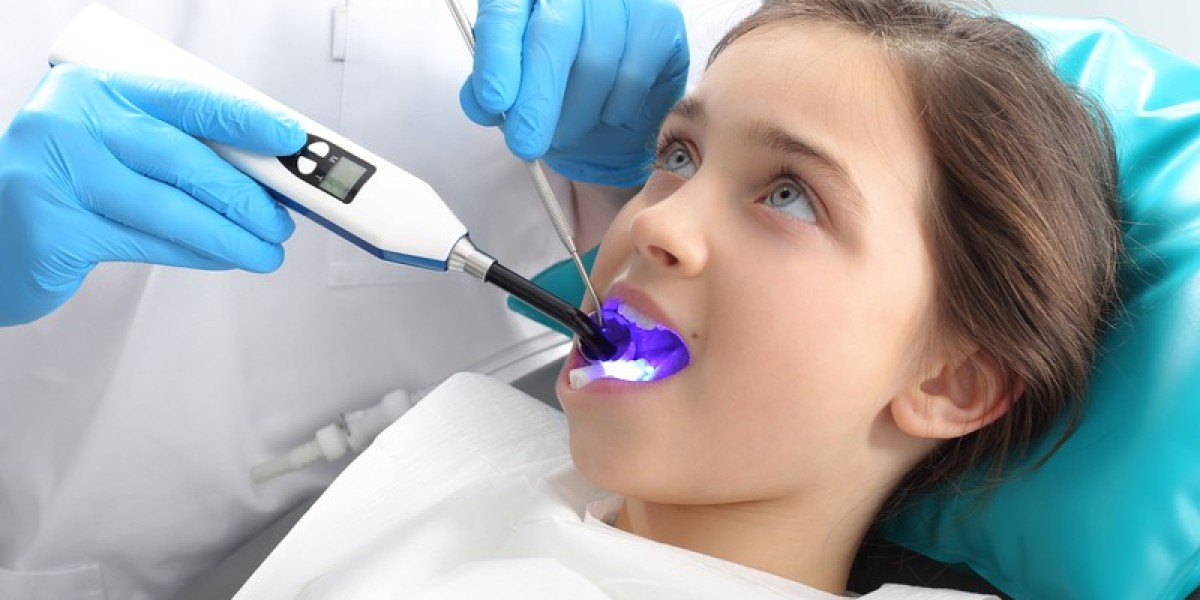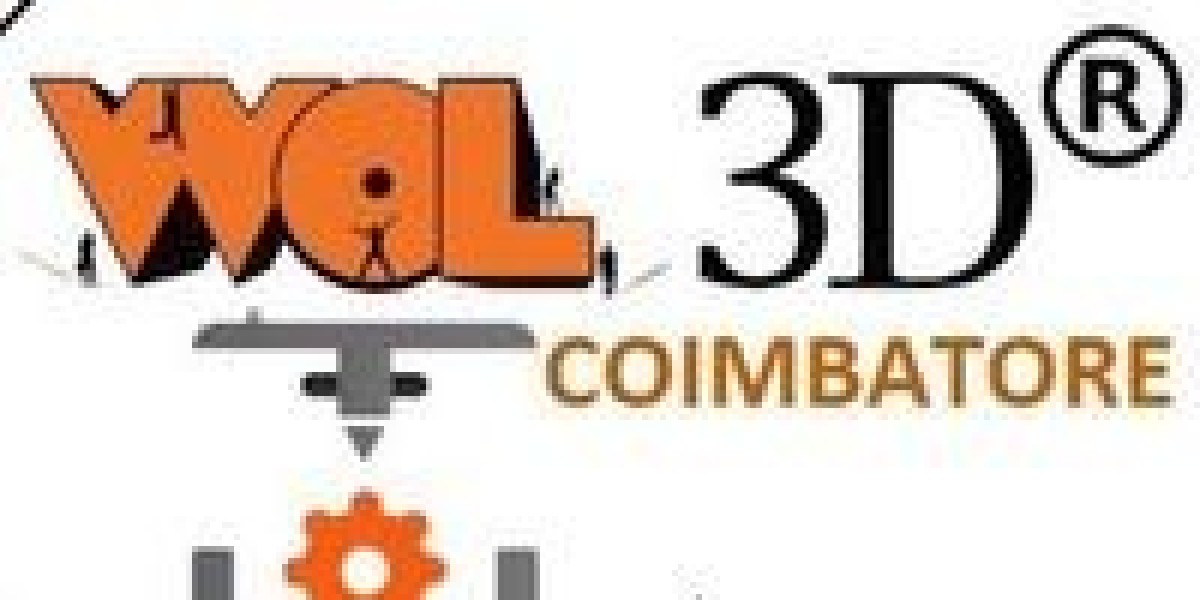Are you tired of the traditional dental tools causing anxiety and discomfort during your appointments? Enter laser dentistry – a revolutionary technology that is changing the way we approach oral care. In this blog post, we will delve into the world of laser dentistry in Glendale, exploring its benefits, who can benefit from it, common procedures performed with lasers, potential risks, cost comparison to traditional methods, and ultimately help you decide if laser dentistry is the right choice for your dental needs. Let's shine a light on how lasers are transforming smiles!
What is Laser Dentistry?
Laser dentistry utilizes concentrated beams of light to perform a variety of dental procedures with precision and efficiency. These advanced tools can target specific areas in the mouth, making treatments more accurate and less invasive. The laser energy can be adjusted for different purposes, such as cutting through tissue, removing decay, or reshaping gums.
One key advantage of laser dentistry is its ability to minimize bleeding and swelling during procedures, resulting in faster healing times for patients. Additionally, lasers can sterilize the treatment area as they work, reducing the risk of infection. This technology is often used in both cosmetic and restorative dental treatments to enhance patient comfort and overall experience.
By harnessing the power of light energy, laser dentistry offers a gentle yet effective alternative to traditional dental tools.
Advantages of Laser Dentistry
Laser dentistry offers numerous advantages that make it a preferred choice for many patients. One key benefit is its precision, allowing for targeted treatment while preserving healthy tissue. This results in less discomfort during and after procedures.
Additionally, laser dentistry can reduce the need for anesthesia in some cases, making it ideal for those with dental anxiety or sensitivity to numbing agents. The use of lasers also minimizes bleeding and swelling, leading to quicker recovery times.
Another advantage is the reduced risk of infection due to the sterilizing effect of the laser beam. This lowers the chances of post-operative complications and promotes better healing outcomes. Moreover, many patients appreciate that laser dentistry often requires fewer follow-up visits compared to traditional methods.
These benefits make laser dentistry a versatile and effective option for various dental treatments, providing patients with a more comfortable experience and optimal results.
Who is a Good Candidate for Laser Dentistry?
Considering the versatility and precision of laser dentistry, many individuals can benefit from this innovative approach to oral care.
Patients who are anxious about traditional dental procedures may find comfort in the minimally invasive nature of laser treatments. Additionally, those with sensitive teeth or gums often experience less discomfort during and after laser procedures.
Moreover, individuals with medical conditions that compromise their immune system may find laser dentistry appealing due to its ability to minimize the risk of infection. Furthermore, patients looking for faster healing times and reduced bleeding may also be good candidates for laser treatments.
It's important to consult with your dentist to determine if you are a suitable candidate for laser dentistry based on your specific oral health needs and treatment goals.
Common Procedures Performed with Laser Dentistry
Laser dentistry offers a wide range of common procedures that are minimally invasive and precise. One common procedure is laser teeth whitening, which can effectively brighten your smile in just one visit. Laser cavity detection helps catch cavities early by using light to detect changes in the tooth's enamel.
Gum reshaping is another popular procedure done with lasers, helping to reshape gummy smiles or treat gum disease. Root canal therapy using lasers can efficiently clean and disinfect the root canal system without the need for manual instruments.
When it comes to oral surgery, lasers can assist in procedures like removing excess tissue or treating lesions in the mouth. Laser technology also aids in reducing bacteria during periodontal treatments, promoting faster healing times.
Laser dentistry provides a versatile approach to various dental procedures, offering patients a more comfortable experience with minimal discomfort and quicker recovery periods.
Risks and Limitations of Laser Dentistry
When considering laser dentistry, it's essential to be aware of the potential risks and limitations associated with this advanced technology. Though generally safe, like any medical procedure, there are some inherent risks involved.
One common risk is the possibility of damage to nearby tissues if the laser is not used properly or if the patient moves unexpectedly during treatment. This emphasizes the importance of seeking a skilled and experienced dentist for laser procedures.
Furthermore, while rare, some patients may experience increased tooth sensitivity or discomfort following laser treatments. It's crucial to discuss these possibilities with your dentist beforehand to ensure you're well-informed and prepared.
Additionally, certain dental conditions or anatomical factors may make a patient unsuitable for laser dentistry. Your dentist will assess your individual case to determine if laser treatments are appropriate for you based on your specific needs and circumstances.
Cost Comparison to Traditional Dentistry Methods
When considering dental treatments, cost is often a significant factor that patients take into account. Laser dentistry in Glendale may have a higher upfront cost compared to traditional methods due to the advanced technology involved. However, it's essential to look at the overall value and long-term benefits that laser dentistry can offer.
Traditional dentistry methods may require multiple appointments and longer recovery times, leading to additional costs for follow-up visits and medications. On the other hand, laser dentistry procedures are typically more precise, causing less trauma to surrounding tissues and reducing the need for anesthesia in many cases.
While initial costs may be slightly higher with laser dentistry, patients often find that the efficiency of treatment and reduced discomfort make it a worthwhile investment in their oral health. It's important to consult with your dentist about both options to determine which approach aligns best with your needs and budget.
Conclusion: Is Laser Dentistry Right for You?
When considering whether laser dentistry is suitable for you, it's essential to consult with your dentist. While laser dentistry offers numerous benefits such as reduced pain, faster healing times, and minimal invasiveness, not everyone may be a good candidate for this type of treatment.
Individuals with certain medical conditions or those who require complex dental procedures may not be ideal candidates for laser dentistry. Your dentist will evaluate your oral health needs and determine if laser technology is the best option for you.
The decision on whether laser dentistry is right for you depends on various factors unique to your dental situation. By discussing your concerns and goals with your dentist, you can make an informed decision about incorporating laser technology into your dental care routine.








